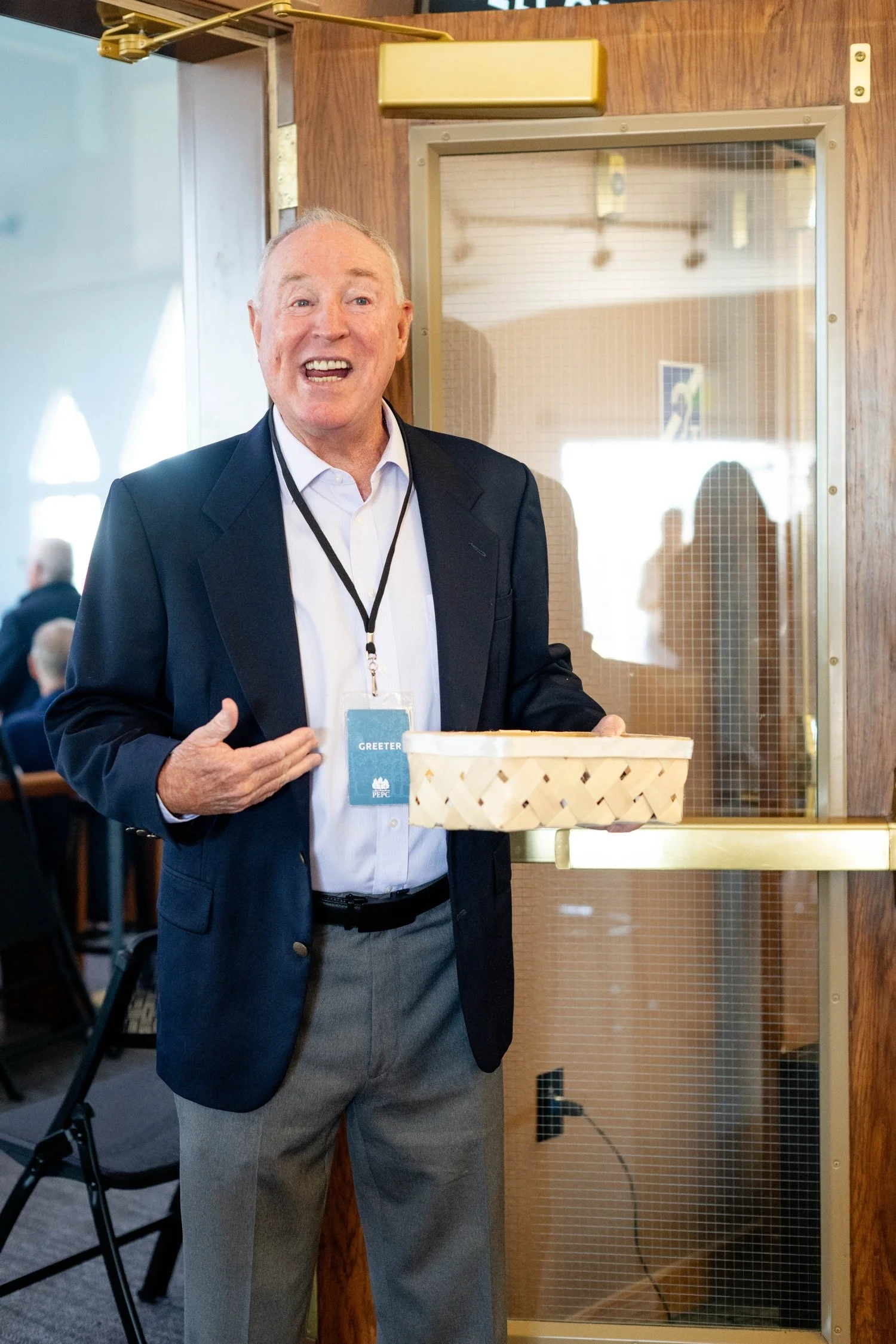Readings for today: Job 29-32
Father, probe the depths of my heart. Reveal to me where I seek to justify myself before you or stand on my own righteousness. Help me to see the helplessness of my spiritual condition not so that I will despair but so that I will all the more praise You for what You’ve done for me in Jesus Christ.
Charles Spurgeon once wrote, “If any man thinks ill of you, do not be angry with him, for you are worse than he thinks you to be.” I remember running across this quote when life was at its darkest and I was struggling to understand what had happened. The people I worked for lacked integrity. They treated me poorly. They were purposefully deceitful and evasive and lacked transparency. Furthermore, one of them made it his mission in life to not only undermine the work I was doing but took every chance he could to speak ill of me. Accuse me. Spread false rumors about me. To top it all off, these folks were Christians! They worked for the denomination I was part of at the time! It was brutal and it drove me to the point of despair. But then I read these words from Spurgeon and I realized that as badly as I was being treated, I deserved far worse. All of the things I was being accused of WERE actually happening in my heart. I was angry. I was frustrated. I was prideful and arrogant. I harbored resentment and bitterness. I refused to forgive and extend grace. When it hit me that I was all these things and more, I almost laughed out loud. It dawned on me that all my pent up emotions and feelings were just a cover for my own insecurity and fear. And once I confessed those insecurities and fears to God, I was set free. Free from the need to justify myself. Free from the need to be right. Free from the need to see justice done. Free from the need to please them and gain their approval. It was a life-changing experience for me.
Job’s friends are an easy target in this book. Their theological purity brings little comfort to their suffering friend. Furthermore, their beliefs are far too simplistic. We all know the righteous are not always rewarded nor are the wicked always punished. So their attacks on Job are without warrant. Having said that...here’s a mind-bender for you...Job actually believes the same way they do! Listen to what he says, “I put on righteousness, and it clothed me; my justice was like a robe and a turban. I was eyes to the blind and feet to the lame. I was a father to the needy, and I searched out the cause of him whom I did not know. I broke the fangs of the unrighteous and made him drop his prey from his teeth.” (Job 29:14-17) The reality is Job believes his cause is 100% just. He believes he’s done nothing to deserve his fate. Because he is a righteous man, he cannot imagine why God would allow these things to happen to him. “God has cast me into the mire, and I have become like dust and ashes. I cry to you for help and you do not answer me; I stand, and you only look at me. You have turned cruel to me; with the might of your hand you persecute me. You lift me up on the wind; you make me ride on it, and you toss me about in the roar of the storm. For I know that you will bring me to death and to the house appointed for all living.” (Job 30:19-23) Essentially Job is making the same argument his friends have made throughout the book. Why does God not reward the righteous and punish the wicked? Job clearly believes He should. Clearly is angry that He doesn’t! Job holds fast to his integrity. He has not committed any sin worthy of his suffering. He even goes as far as recounting all his righteous deeds in chapter 31. Making his closing argument before God.
As readers, I am sure we find ourselves sympathizing with Job. Taking his side. We’re convinced. The verdict is clear! Job must be in the right! But then...if we’re careful to listen...we hear the soft whisper of Satan’s initial question. “Does Job fear God for no reason?” The honest truth is Job DOES expect something from God. He expects an answer. He expects a justifiable reason for his suffering. Job believes he’s kept his end of the deal so by implication it must be God who has failed. (Important note: Job never actually says this…his faith refuses to let him go there.)
So let me put the question to all of us again...do we fear God for no reason? What are our expectations? Do we believe we deserve a guaranteed pass to heaven? Health? Wealth? Blessings in this life and the next? Or is God enough? Do we love God simply because He’s God? If there were no eternal rewards. If there were no promises. If God never gave us a single thing, would He be worthy of our love and devotion?
Readings for tomorrow: Job 33-36




